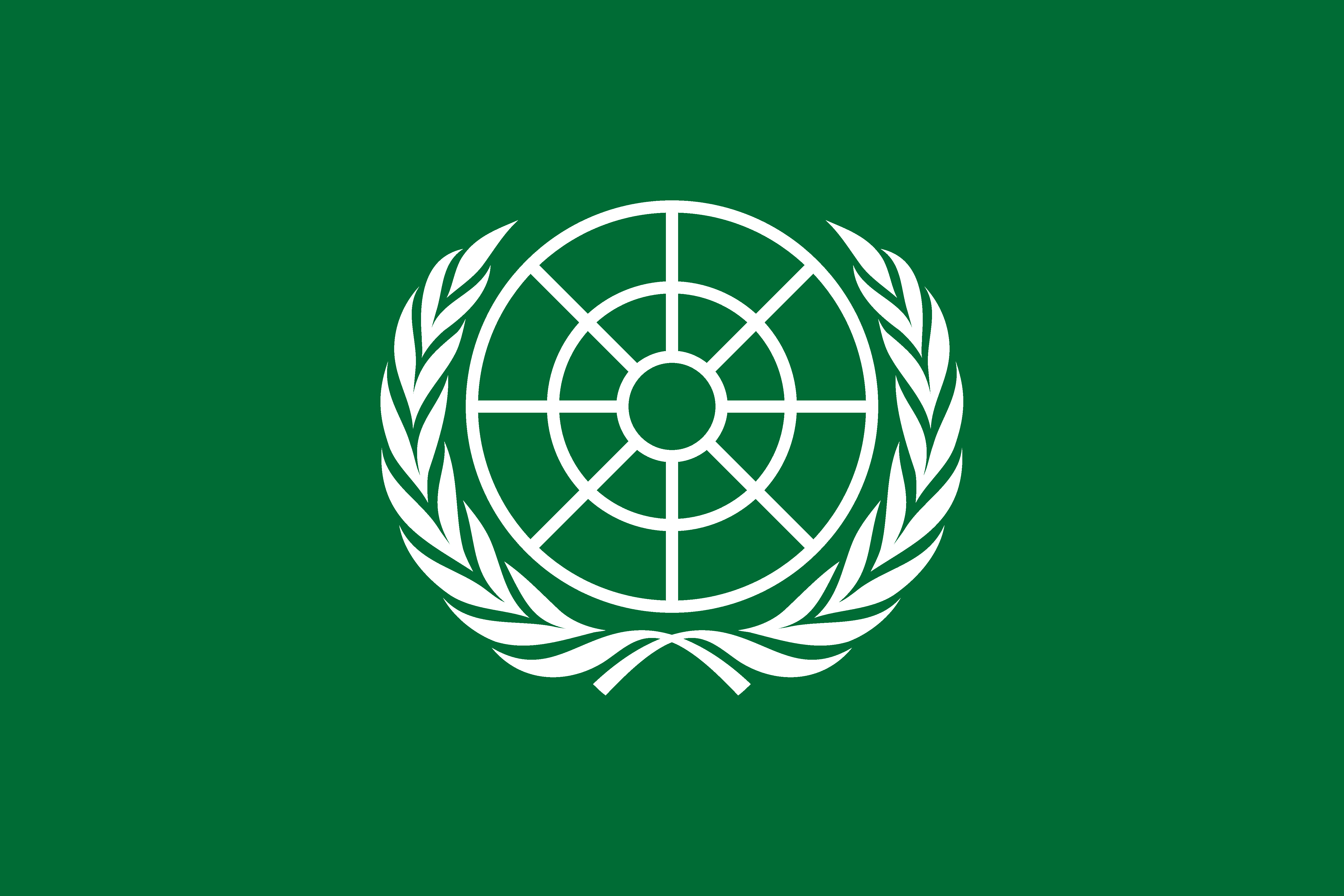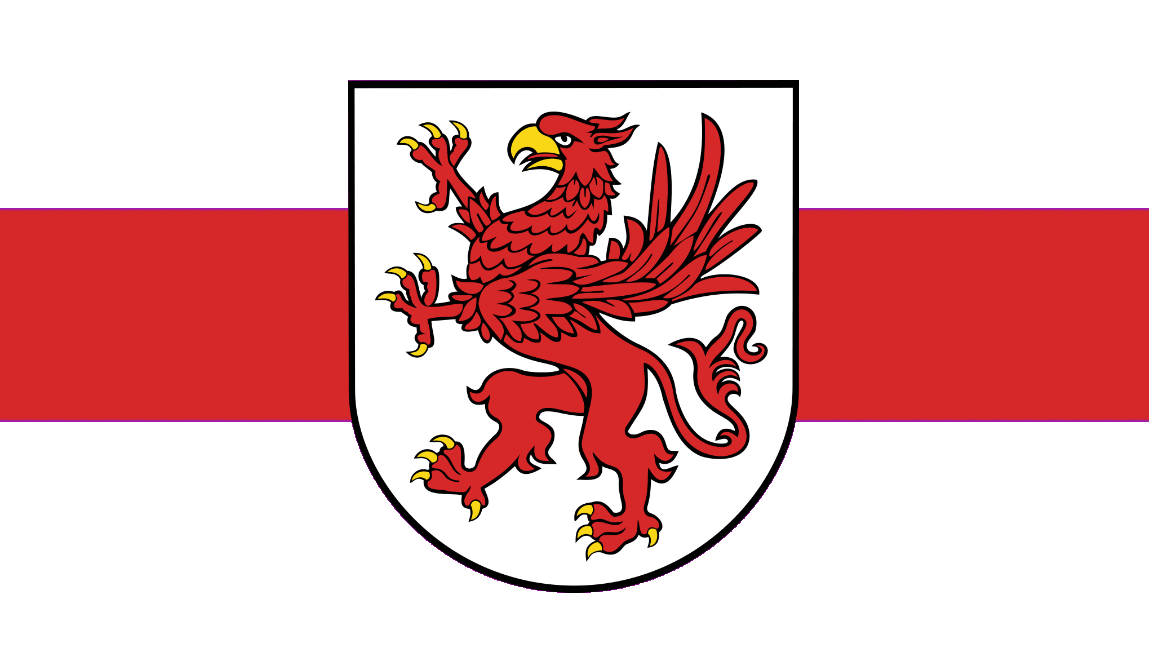Yatan Commonwealth of Labour: Difference between revisions
No edit summary |
No edit summary |
||
| Line 98: | Line 98: | ||
|Leninism | |Leninism | ||
|Far-Left | |Far-Left | ||
| | |Government Member | ||
|- | |- | ||
|[[Union for Communal Interests]] | |[[Union for Communal Interests]] | ||
|Anarcho-Communism | |Anarcho-Communism | ||
|Far-Left | |Far-Left | ||
| | |Opposition | ||
|- | |- | ||
|[[Yatan People's Labour Party - Left]] | |[[Yatan People's Labour Party - Left]] | ||
Revision as of 15:04, 1 January 2025
| Yatan Commonwealth | |
|---|---|
 | |
| General Info | |
| Official Name | Yatan Commonwealth |
| Common Name |
|
| Capital City | Mylonagrad |
| Demonym | Yatan |
| Anthem | "National Anthem of the Yatan Commonwealth" |
| Politics | |
| Government | Federal Parliamentary Republic |
| Ideology | Democratic Socialism |
| Head of State | Executive Chairwoman Yemane Selassie Roni |
| Head of Government |
|
| Legislature |
|
| Ruling Party | Yatan People's Labour Party - Left-Party of Revolutionary Communists Coalition |
| Official Language(s) |
|
| State Religion | Secular |
| Currency | Yatan Mark |
| Demographics | |
| Species | Majority Human |
| Ethnic Groups | (Various) |
| Major Languages | (Various) |
| Minority Languages | (Various) |
| Major Religions |
|
| Assets | |
| Spacefleet | 870 Spacecrafts |
| Nuclear Arsenal | ~3500 Nuclear Weapons |
| Other Assets |
|
| Geography/Astrography | |
| Planet | Yata |
| Continent | Eurasia |
| Historical Info | |
| Founded | 441 |
| Preceded by | Founding States
IPD & Enclave Integration
Baghdad Conference Yerevan Agreement Alkatse Conference Cardiff Agreement Alice Springs Conference |
| Other | |
| Created by | |
| Controlled by | |
The Yatan Commonwealth is a sovereign federal parliamentary republic under a socialist government composed of countless autonomous constituent Republics and regional Cooperatives situated across the continent of Eurasia. The Commonwealth was first established in 441 among republics derived from its 8 founding nation-states of Kalevala, Jugoslavija, Scandinavia, Shqiperia, Tanume, Tritonia, Yakamoto, and Yetia following their unification under Yetia's ideals of a unified egalitarian Yata capable of developing in a stable manner without corporate or securocratic oppression unlike the situation The Confederacy (a previous planetary government) found itself in that lead to its collapse in 397, which led to Yata significantly declining in wealth and development.
Following its establishment in 441 in the Mylonagrad Treaty of Commonwealth signed by its founding states, the Yatan Commonwealth was quick to begin asserting itself on the global stage after forming its first government, successfully swaying the members of the Initiative for Peace and Democracy into committing towards future membership in the Commonwealth and beginning the gradual integration of each of them as Lineland, Vedagyar, Kipchakistan, Ozbekiston, Turkmenistan, Apothelis, Sizhou, Zapadoslavia, Alduria, Kurdistan, Azeria, Khuree, Uyghurstan, England, Utsong, Nilastan, Yangoon, Iceland, Poavak, Abard and Itaquia all one by one joined the Commonwealth in the first few years following its establishment, concluding with the admission of Itaquia in 447. During this process several other nations beyond the IPD such as Idel-Ural and Calatay also joined the commonwealth due to mainly economic reasons. In 442 the Yatan Commonwealth engaged in its first major interplanetary diplomacy, attending a significant conference between themselves, the Theian Federation, and the Commonwealth of Independent Systems. In the Commonwealth's second elections following the integration of the IPD members in 447 a new more moderate government headed by the Yatan People's Labour Party - Right was formed under Executive Chairwoman Zohreh Soleymani, People's Chairman Robin Weisman, and National Chairwoman Ismene Tanamal. Thanks to this more moderate government, the Yatan Commonwealth managed to sway the more right-leaning members of the Cairo Cooperation Pact into committing towards joining the Commonwealth after both sides made a series of concessions largely regarding economic policy. Thanks to this agreement, which was known as the Baghdad Conference, the nations of Arabia, Bornuvia, Erbuja, Goldaria, Brasil, and Guarania all integrated into the Commonwealth. The Commonwealth then set after integrating the various non-aligned right-leaning regimes, holding the Yerevan Agreement that lead to the Caucasian League's integration and the Alkatse Conference that lead to the integration of Ellaria, Libakria, and Fangabon. The Commonwealth then held the Cardiff Agreement that lead to the integration of Wales and Alice Springs Conference that lead to the integration of Cotunauinia-Luvuria, Luxuria, Melanesia, and Floria. The second elections were held in the first part of 452, leading to the election of Executive-Chairman Yemane Selassie Roni and National-Chairman Nkróma Opuni of the Yatan People's Labour Party - Left alongside People's-Chairman Chanda Bajpai of the Party of Revolutionary Communists.
Federal Government & Politics
Executive Government
tba
Supreme Councils
tba
Council of Peoples
tba
Council of Nations
tba
Political Parties
| Name | Ideology | Position | Status |
|---|---|---|---|
| Party of Revolutionary Communists | Leninism | Far-Left | Government Member |
| Union for Communal Interests | Anarcho-Communism | Far-Left | Opposition |
| Yatan People's Labour Party - Left | Reformist Marxism | Left-Wing to Far-Left | Government Leader |
| Yatan People's Labour Party - Centre | Democratic Socialism | Left-Wing | Opposition |
| Yatan People's Labour Party - Right |
|
Centre to Centre-Left | Opposition |
| Neo-Confederate Solidarity Party | Neoliberalism | Centre-Right | Fringe Opposition |
| National Sovereignty Party | Separatism | Centre-Right | Fringe Opposition |
| Liberty and Democracy Party | Libertarianism | Centre-Right | Opposition |
| Conservative Unity Party | Social Conservatism | Right-Wing | Opposition |
| National Labour Front | National Bolshevism | Syncretic | Fringe Opposition |
Supreme Court of Yata
tba
Departments and Ministries
tba
